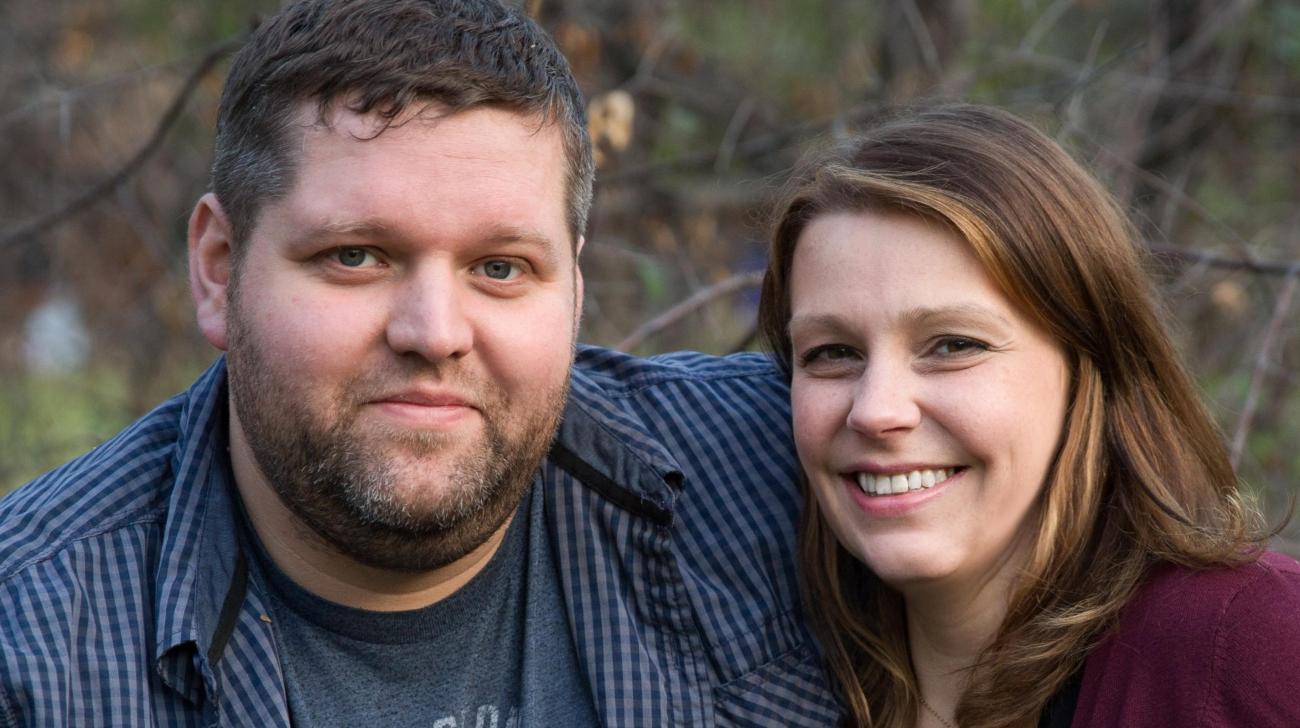Residents of Niverville, in collaboration with the Canadian Mental Health Association Central (CHMAC), plan to take on the stigma attached to PTSD suffered by emergency first responders.
On June 15, the first annual S.O.S. (Strike Out Stigma) Slo-Pitch Tournament and Family Fun Day will take place at Hespeler Park in Niverville. While everyone is encouraged to attend, teams will consist primarily of emergency medical staff from around Manitoba.
“We have teams from Niverville, Île-des-Chênes, St. Malo, Ritchot, the Interlake, Steinbach, MacDonald, and Springfield,” says co-coordinator Lindsay Unrau. “We have paramedics, firefighters, police, EMRs, correctional officers, and some nurses playing.”
To date, 11 teams have registered, although Unrau says there’s still room for more. The region at large is encouraged to come out and support their team and enjoy the many other events going on in the park that day. A great attendance will go a long way toward helping a great cause.
Beyond the tournament, attendees can expect a carnival, face-painting, and a bouncy castle for the kids. The splash pad will be open as well. Generous gifts have been donated for a silent auction and a 50/50 draw will see one lucky winner. A canteen and barbecue will keep everyone’s appetites satisfied.
For adults, the Niverville firefighters will be on site, serving up libations at the beer gardens. Proceeds from alcohol sales will be split between the Niverville Fire Fundraising Initiative and CMHAC. Funds raised from the other attractions will assist CMHAC in their efforts to strengthen current programming and add new programs to aid first responders living with PTSD.
Unrau says the frequency of PTSD among first responders is very real and concerning. According to her research, the Canadian Journal of Psychiatry cited the results of a 2017 survey which showed that police, paramedics, firefighters, and 911 operators had a much greater likelihood of developing mental disorders such as PTSD than the larger population.
Stigma and discrimination, she says, remain the primary concerns when seeking out help.
“PTSD in first responder services has become a prevalent issue,” says Unrau. “Speak with any first responder and they can recount the most horrific call they’ve ever been on and how it personally affected them. When a community hero needs to be saved, who saves them?”
Unrau herself is very close to the issue. Her husband Eldon, who is also the primary event coordinator, has been a long-time paramedic and former Niverville volunteer firefighter.
Just two years ago, Eldon listened in on an emergency call out to a motorcycle accident. He followed along closely as fellow paramedics worked tirelessly to save the victim’s life. Unfortunately, the victim died on scene. Shortly after, Eldon discovered that the victim was his own brother.
“It’s impossible to describe what it’s like to have listened to your brother dying over your work radio,” Unrau says, adding that it changed her husband’s life forever. “Paramedics handle grief differently. They process trauma differently than the average person. They compartmentalize and only allow themselves to experience the personal trauma of the call when they feel it’s safe to do so.”
It was through their own search for help that the couple found the CMHA and, eventually, decided to partner with them to bring the same support to other first responders and their families in the region. Eldon has since become an active member of the program steering committee.
Others, too, on the S.O.S. committee have been too close to the affects of PTSD. Mandi Bueckert, a ten-year paramedic veteran, recently returned to her job after a year’s battle with PTSD. She says her symptoms came as a surprise since there was no one event that she could put a finger on. Rather, it was an accumulation of triggers.
“My day to day life was affected by my [lack of] ability to handle minor stresses,” says Bueckert. “I would get upset at the drop of a hat. I felt an overall sense of doom… I lost confidence in myself and the ability to do my job. I didn’t realize any of this, of course, until I began treatment and my journey of self-care… I fully believe the stigma of a potential diagnosis holds people back from seeking help—and it shouldn’t. The more we talk and the more awareness we create, the easier it will be for everyone to access help when it is needed, without the fear of judgement.”
Andee Hiebert has worked in emergency medical services for 20 years. Around 15 years into her career, trauma began to fill her dreams and anxiety kicked in when emergency radio calls came through. It took everything in her to prevent a panic attack en route to calls.
“This was definitely not something people talked about when I started experiencing this,” says Hiebert. “Then one day I reached my breaking point. I couldn’t stop the panic… Every fear came true for me and I questioned why I even do this job. I cried that day and the next day and the next and I didn’t know when it would end. I had no clue what to do or who to turn to.”
Hiebert says it took more than two years, with the aid of professional help, to fight that inner battle. She’s since returned to work and, with the support of his colleagues, her love for the job and the people she serves has returned.
If you’d like to lend a hand, the S.O.S. committee needs your help at the June 15 slo-pitch event. Volunteers are still needed to run the canteen and kids events and to sell silent auction and 50/50 tickets. The firefighters, too, could use assistance in the beer gardens.


